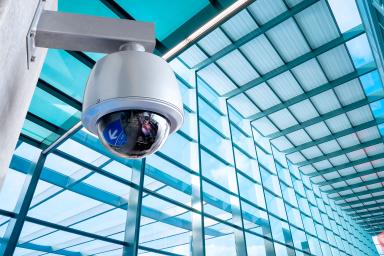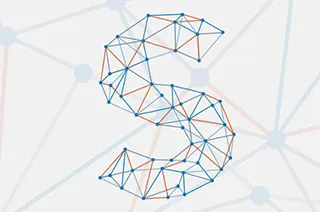Safety Fairs
The security sector has been undergoing constant growth in recent decades. A key factor that this sector is experiencing is the use of new technologies, which allow companies to offer a wide range of surveillance and protection services. Cybersecurity, for example, has become a field of action with many opportunities for the sector.

4Events found

Public and private security
Within the entire security sector there are two branches: public security and private security. Public security is made up of the security forces of the State and the Autonomous Communities. In contrast, private security is created by companies. Private security is an extra in security and helps to reduce the risks that may arise from industrial, commercial or social activities that take place in private spaces.
It is important to note that it operates as a reinforcement of public security and never as a substitute. In other words, private security reinforces public security and, in turn, is an entity in its own right insofar as it has its own areas of action. While public security protects personal freedom, free movement, fundamental rights and compliance with regulations, private security serves other needs that cannot be part of the public sphere and whose cost is not supported by taxes.
Despite this differentiation, there is collaboration between the two, since there is a private security presence in public buildings such as airports, stations, prisons and institutions. In this way, new areas of cooperation have been set up, which does not mean that public services will be privatised, but rather that they will be reinforced in order to guarantee maximum security for citizens.
This increase in the presence of private security in the work of guarding public spaces is due to the fact that more room has been left for action by public officials, who must focus their attention on the interpretation of data, monitoring and action against crime.
The security sector
Intelligence, technology, people and procedures are the pillars of the security sector, which aims to protect people everywhere, whether at home or in the company.
Security is a fundamental pillar of society and is the basis of freedom, equality and development of individuals because it is a legal, normative, political and social value. In this sense, this is a sector that requires a lot of time to consolidate and to provide quality services.
It is also a sector that brings together small and medium-sized enterprises and, in turn, large groups of leading security companies. Whatever their size, all companies that carry out this activity must be approved by the public authorities, which is why setting up a business of this nature is complicated as there are many requirements to be met, including ongoing training.
In spite of this, it is an expanding and increasingly professionalised sector that is divided into three main activities: surveillance; transport of funds and hazardous materials; and systems and alarms. In turn, these include the branch of Services, Transport Infrastructures, Industry and Energy, and Trade.
Generator of employment
Security is a sector in constant growth and with an increasing international projection. This has a direct impact on job creation, especially for women, who in the past were hardly present in this activity. Likewise, quality employment is created, since permanent and indefinite contracts prevail over temporary or work contracts.
Innovative sector
The rise of new technologies and their development makes it easier for companies to offer better surveillance and protection services. In this sense, cyber security has become a great business opportunity, as well as 360º security, which reaches all areas of daily life, integrating databases, artificial intelligence, robots and drones.
Likewise, it is configured as a generator of knowledge and technological innovation due to the increase in business investment, both by SMEs and large consolidated groups, in R+D+I since security is a key element of the European Union's Common Foreign and Security Policy. The interoperability and quality of systems and services is fundamental since many of the threats that exist are of a global nature.
Fairs in IFEMA MADRID
The largest security fair in Madrid is located at IFEMA MADRID and is called Sicur, Salón Internacional de la Seguridad. You will also find in our program other fairs such as Smart Doors, Doors and Automatisms Show; Feindef, International Defense and Security Fair; Trafic, International Fair of Safe and Sustainable Mobility; and its international version Trafic Latin America.
Public and private security
Within the entire security sector there are two branches: public security and private security. Public security is made up of the security forces of the State and the Autonomous Communities. In contrast, private security is created by companies. Private security is an extra in security and helps to reduce the risks that may arise from industrial, commercial or social activities that take place in private spaces.
It is important to note that it operates as a reinforcement of public security and never as a substitute. In other words, private security reinforces public security and, in turn, is an entity in its own right insofar as it has its own areas of action. While public security protects personal freedom, free movement, fundamental rights and compliance with regulations, private security serves other needs that cannot be part of the public sphere and whose cost is not supported by taxes.
Despite this differentiation, there is collaboration between the two, since there is a private security presence in public buildings such as airports, stations, prisons and institutions. In this way, new areas of cooperation have been set up, which does not mean that public services will be privatised, but rather that they will be reinforced in order to guarantee maximum security for citizens.
This increase in the presence of private security in the work of guarding public spaces is due to the fact that more room has been left for action by public officials, who must focus their attention on the interpretation of data, monitoring and action against crime.












